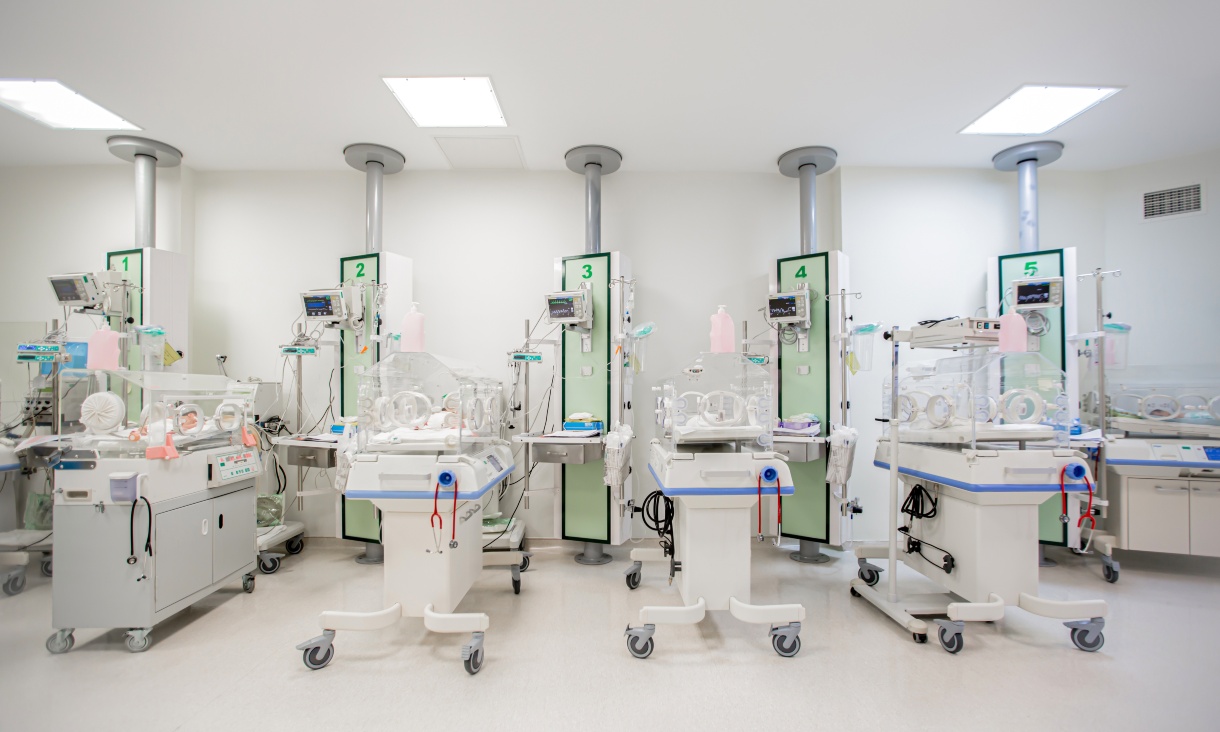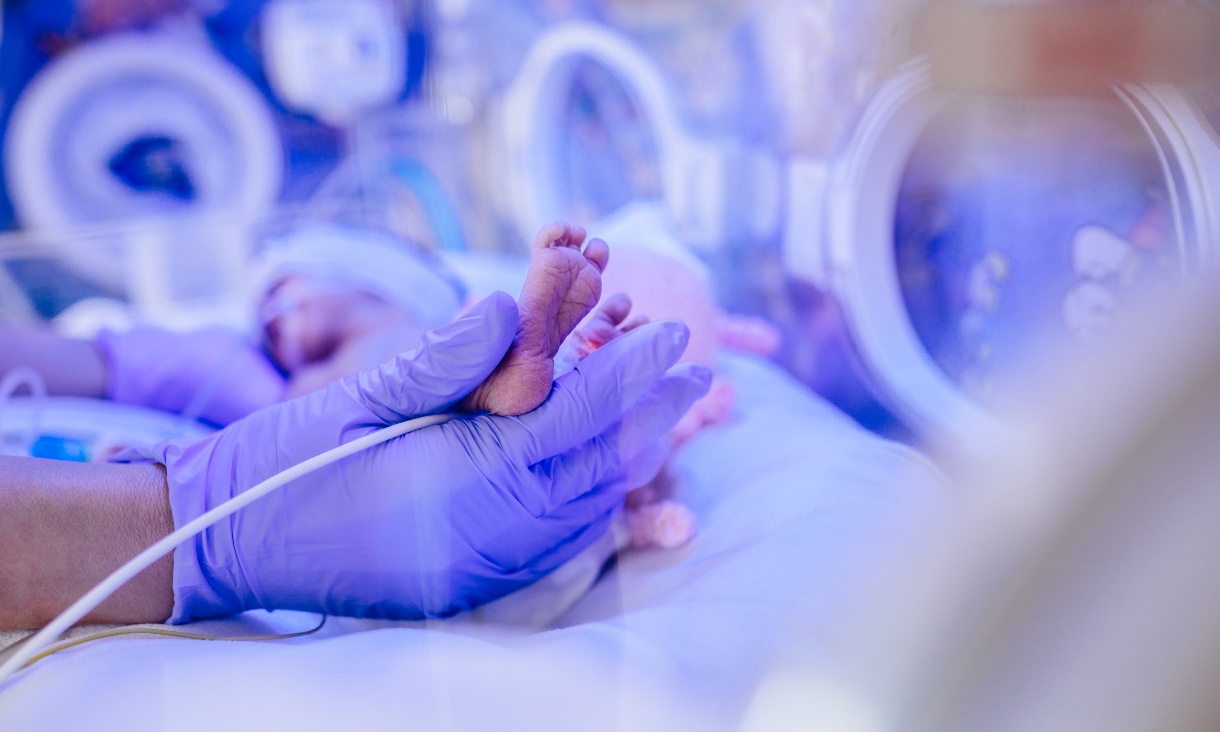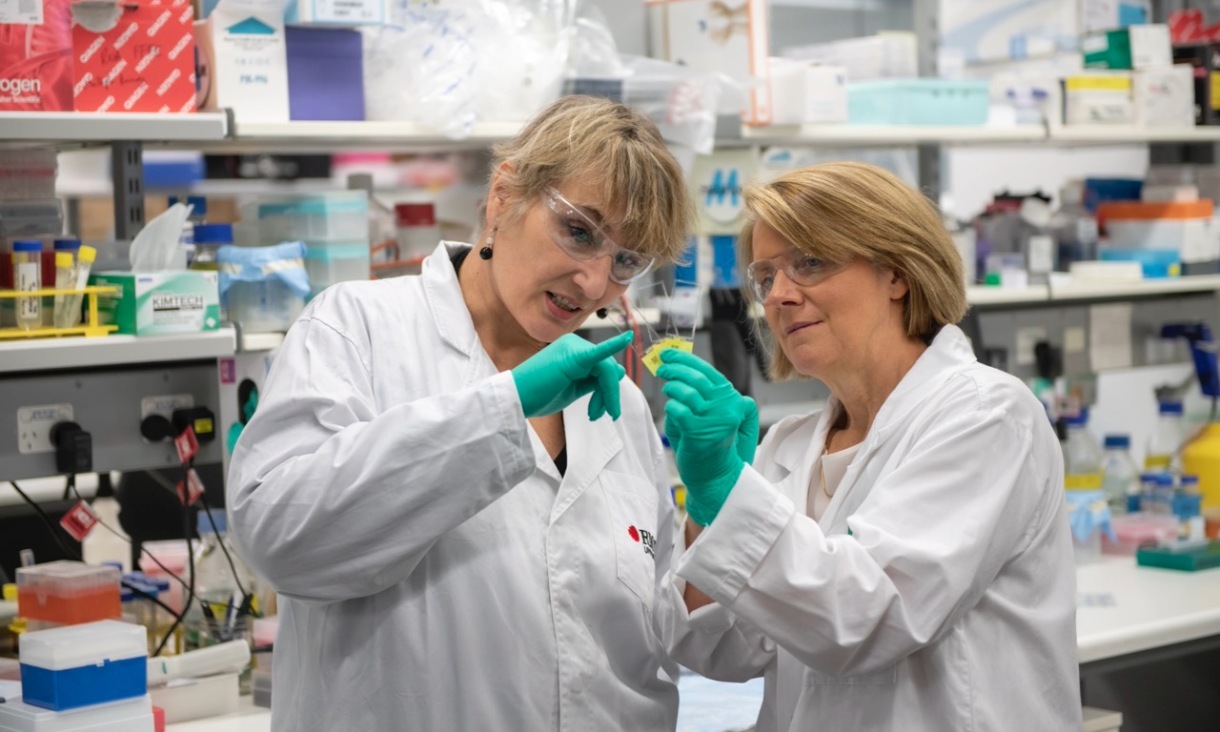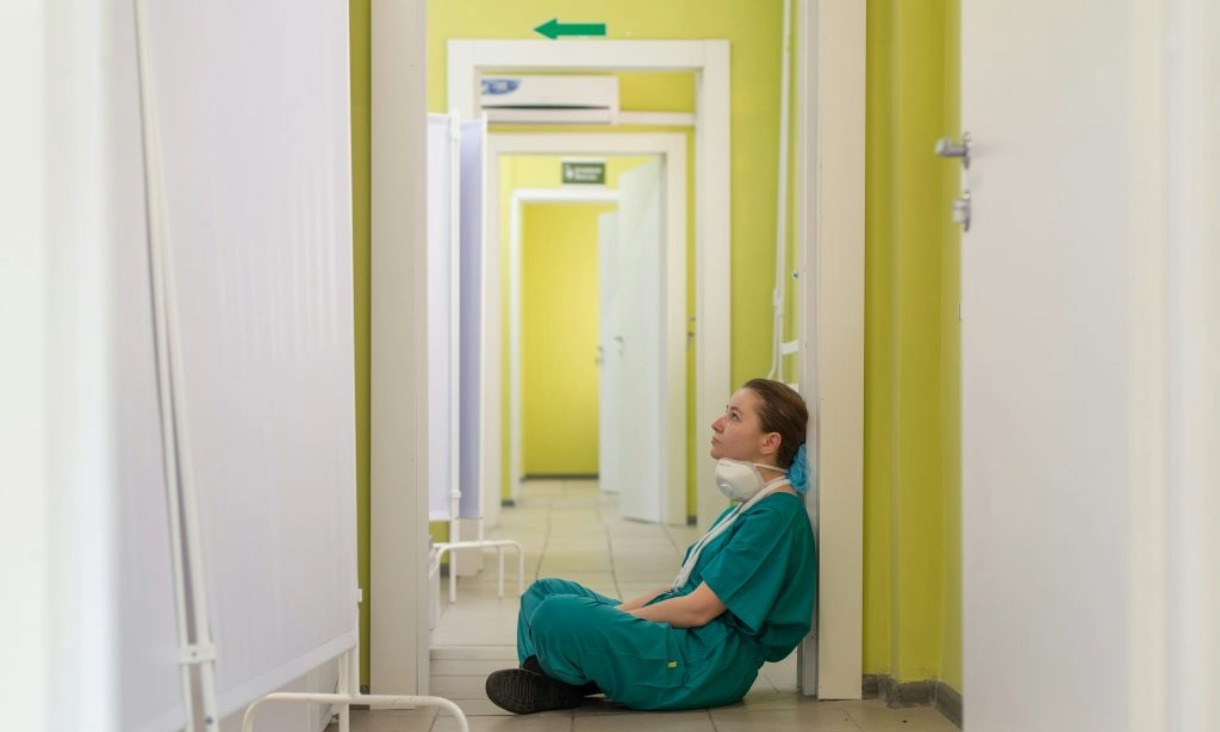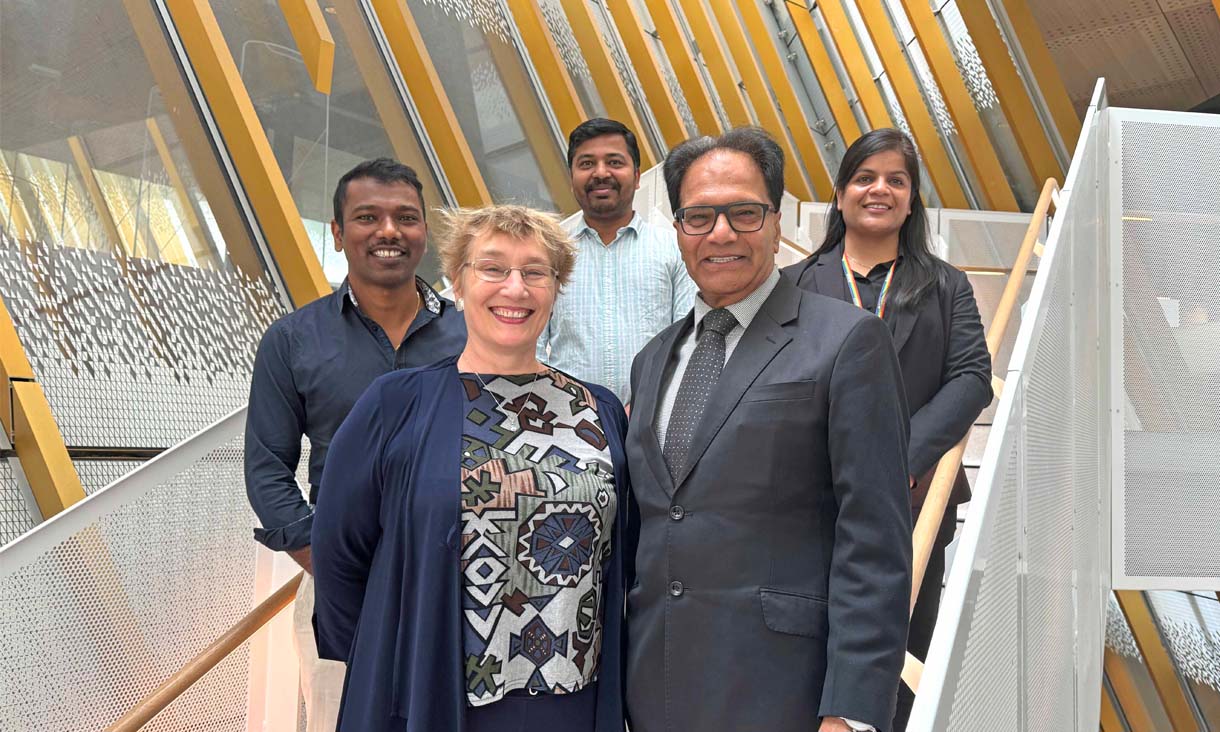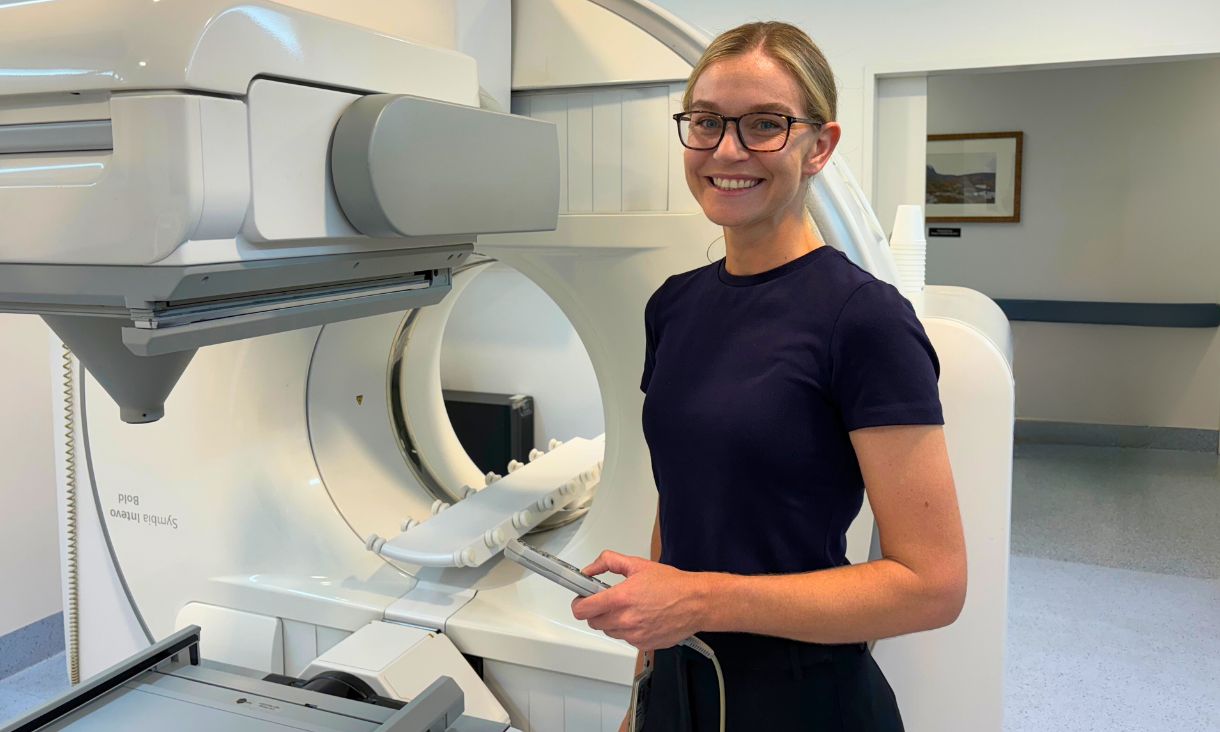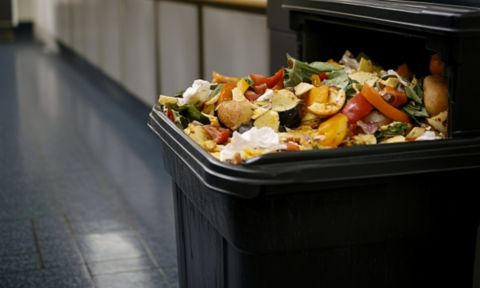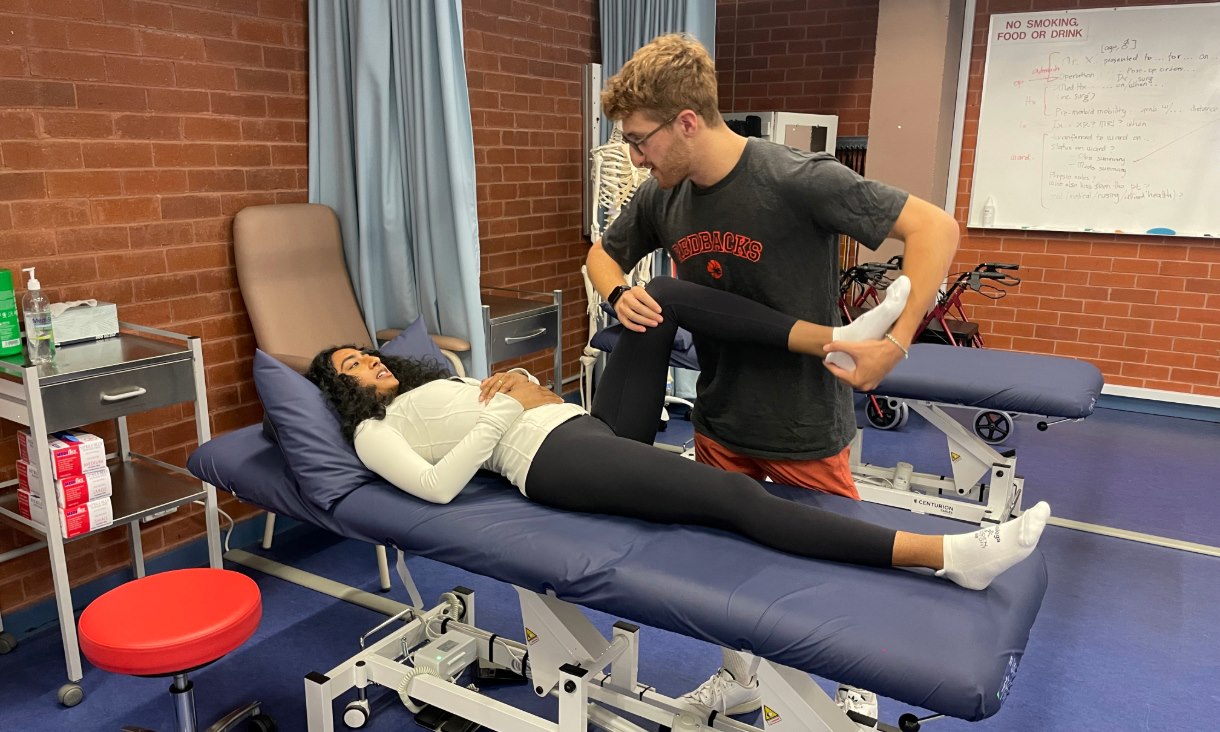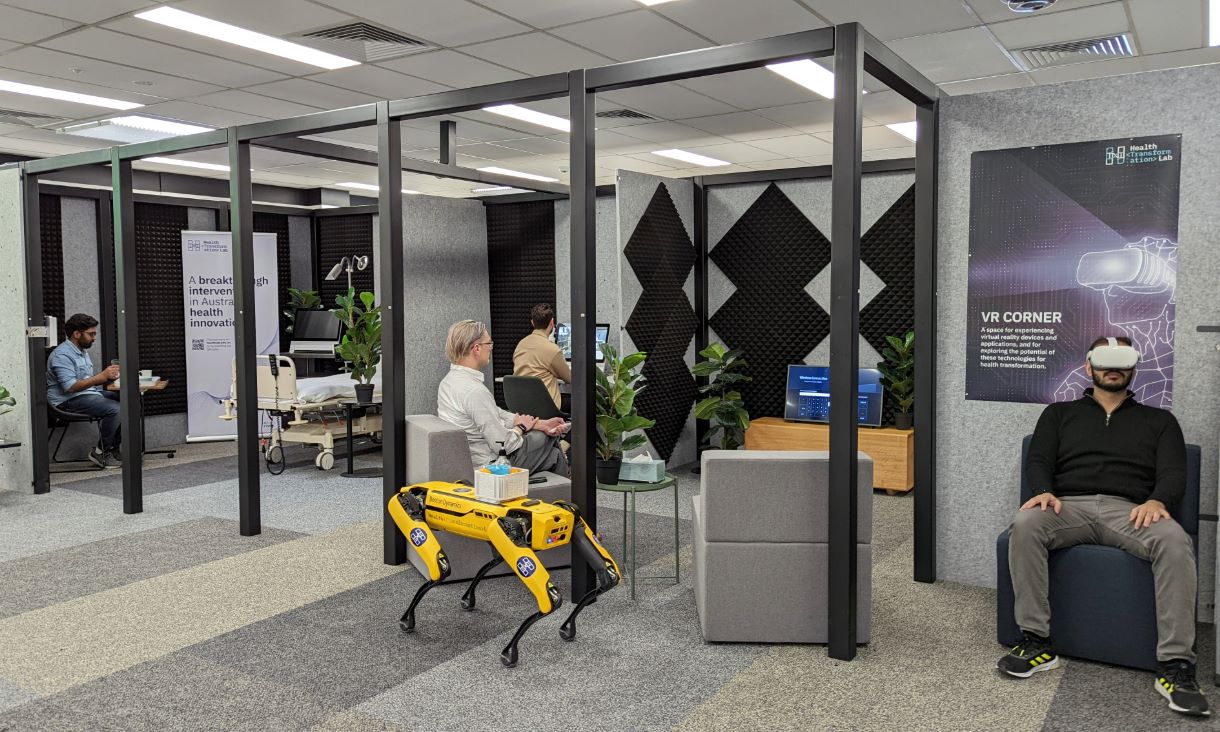European research lays the groundwork for future stem cell clinical trials
RMIT has contributed to an international consortium exploring how human mesenchymal stem cells could help to repair brain injury in children born preterm.
The impact of early life events on lifelong health
RMIT researchers are investigating the earliest moments of life and their role in the development of neurodevelopmental disorders.
Blood test offers hope for more effective ovarian cancer treatment
A major collaboration has revealed a blood test to guide more effective ovarian cancer treatment, by identifying the women more likely to respond to a treatment known as PARP inhibitor therapy.
Australia’s mental health services are buckling due to rising demand, staff shortages and patient violence
A group of RMIT experts are calling for interventions to support Australia’s exhausted, overwhelmed mental health nurses.
Prosthetic leg donation program changes lives in Southeast Asia
A pioneering rehabilitation program has fitted more than 200 prosthetic legs and delivered 4,600 biomechanical therapy and counselling sessions in partnership with local programs across the region.
Gold beats platinum for chemo drugs in new lab study
Gold-based drugs can slow tumour growth in animals by 82% and target cancers more selectively than standard chemotherapy drugs, according to new research out of RMIT University.
RMIT responds to critical skills shortage to support early cancer diagnosis in Queensland
RMIT University will offer Queensland’s first nuclear medicine degree, addressing critical workforce shortages and shoring up cancer services across the state.
Shorter menus could reduce food waste and save cafes thousands: study
A new Australian study of small to medium sized cafes has found making small changes could prevent hundreds of tonnes of food waste while saving struggling businesses thousands of dollars.
New RMIT degree responds to high demand for physiotherapists
RMIT has launched a new Master of Physiotherapy to respond to increasing health demand and skills shortages, particularly in private and community practices.
Top five health tech trends give a glimpse of the future of healthcare
A new report reveals the five most significant tech transformations for health – and how to advance adoption over the next 12 months.
Low-carb, high-fat diets boost diabetes risk
A comprehensive study of 40,000 Australians over 17 years found low-carbohydrate, high-fat diets increased a person's chances of developing diabetes by 20%.
Digital solutions for active healthy living
RMIT Europe has contributed to a European project aimed at empowering citizens to live a healthy and active lifestyle.
.jpg)
